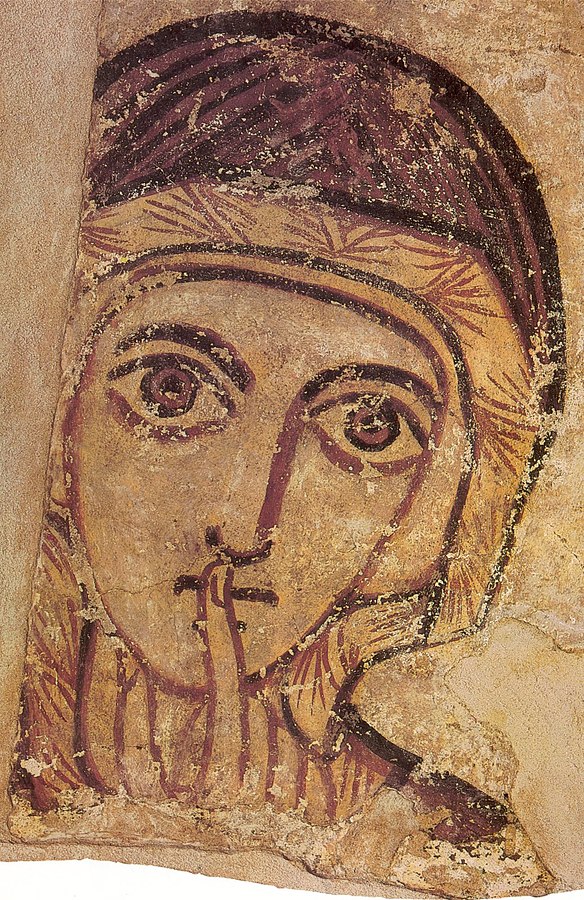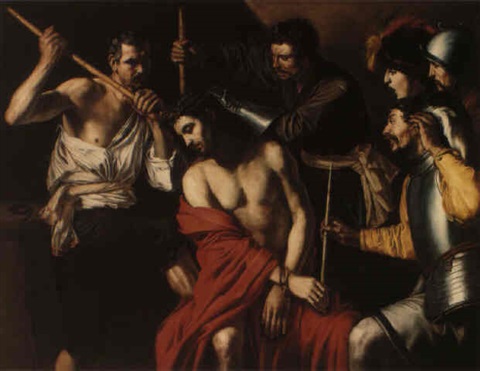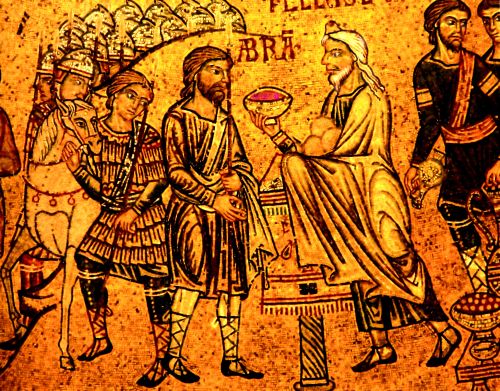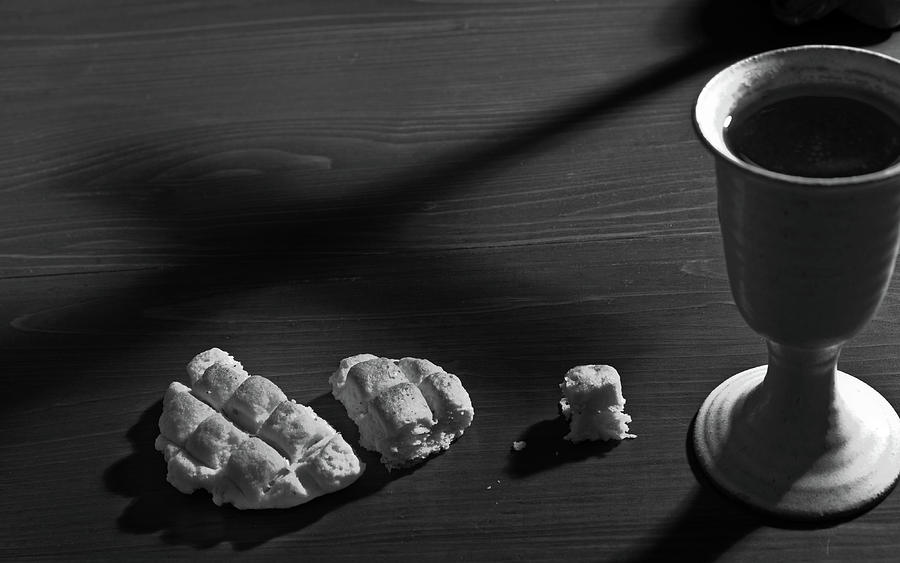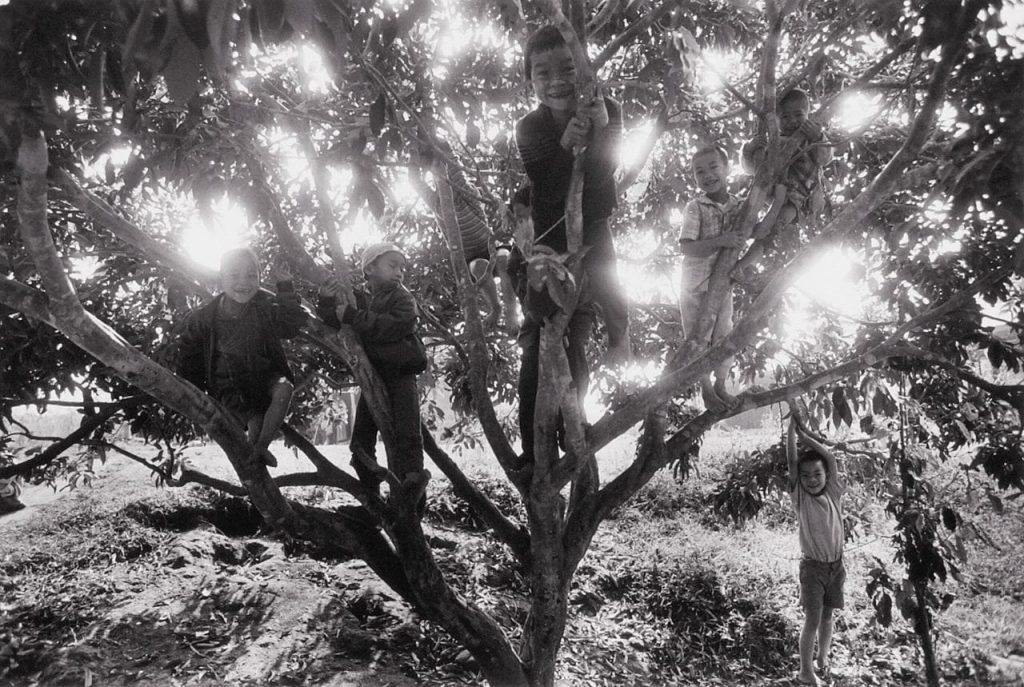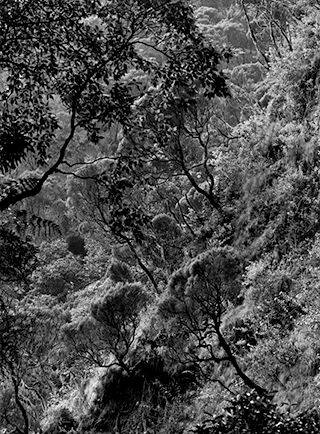
If it is cut down, that it will sprout again,
And that its tender shoots will not cease.
Though its root may grow old in the earth,
And its stump may die in the ground,
Yet at the scent of water it will bud
And bring forth branches like a plant.―Job 147-9
“As for you also,
Because of the blood of your covenant,
I will set your prisoners free from the waterless pit.
12Return to the stronghold,
You prisoners of hope.
Even today I declare
That I will restore double to you.
13For I have bent Judah, My bow,
Fitted the bow with Ephraim,
And raised up your sons, O Zion,
Against your sons, O Greece,
And made you like the sword of a mighty man.”
[….]
The Lord their God will save them in that day,
As the flock of His people.
For they shall be like the jewels of a crown,
Lifted like a banner over His land—
17For how great is its goodness
And how great its beauty!
Grain shall make the young men thrive,
And new wine the young women.—Zechariah 9:11-13;16-17
—-
Instead of your shame you shall have double honor,
And instead of confusion they shall rejoice in their portion.
Therefore in their land they shall possess double;
Everlasting joy shall be theirs.
8 “For I, the Lord, love justice;
I hate robbery for burnt offering;
I will direct their work in truth,
And will make with them an everlasting covenant.
9 Their descendants shall be known among the Gentiles,
And their offspring among the people.
All who see them shall acknowledge them,
That they are the posterity whom the Lord has blessed.”
10 I will greatly rejoice in the Lord,
My soul shall be joyful in my God;
For He has clothed me with the garments of salvation,
He has covered me with the robe of righteousness,
As a bridegroom decks himself with ornaments,
And as a bride adorns herself with her jewels.
11 For as the earth brings forth its bud,
As the garden causes the things that are sown in it to spring forth,
So the Lord God will cause righteousness and praise to spring forth before all the nations.—Isaiah 61:7-11
—–
“Joseph is a fruitful bough,
A fruitful bough by a well;
His branches run over the wall.
23 The archers have bitterly grieved him,
Shot at him and hated him.
24 But his bow remained in strength,
And the arms of his hands were made strong
By the hands of the Mighty God of Jacob
(From there is the Shepherd, the Stone of Israel),
25 By the God of your father who will help you,
And by the Almighty who will bless you
With blessings of heaven above,
Blessings of the deep that lies beneath,
Blessings of the breasts and of the womb.
26 The blessings of your father
Have excelled the blessings of my ancestors,
Up to the utmost bound of the everlasting hills.
They shall be on the head of Joseph,
And on the crown of the head of him who was separate from his brothers. (Genesis 49:22-26)
—-
There is no balm without the Great Physician ― he is the Balm in Gilead.
There is no cloud by day and pillar of fire by night, without the LORD of hosts ― The Lord of Sabaoth, Jehovah Nissi is my banner.
There is no redemption song without the Kinsman Redeemer.
There is no Bread from heaven without the Word of Life.
There is no righteous one without the BRANCH ― the Lord, Jehovah Tsedikenu is my righteousness.
There is no freedom from captivity apart from Jesus/Yeshua ― Yahweh is my salvation and deliverer, He sets the captives free.
There is no Truth without the Word who sanctifies ― the Lord, Jehovah M’Kaddesh is my sanctification.
There is no fullness of joy apart from his presence ― the Lord, Jehovah Shammah, Emmanuel who is with us ― God who is in our midst.
There is no little flock without the rod and staff of the Good Shepherd ― the Lord, Jehovah Rohi is the Bishop and Shepherd of my soul.
There is no breath without the Breath of Life, why trust you in man, whose breath is in his nostril? ― He is Ruach Hakodesh.
There is no peace without the Prince of Peace, who gives Peace but not as the world, his Peace transcends all understanding — He is Jehovah Shalom.
There are no words without the Word, who has declared the end from the beginning —He is the Alpha and the Omega.
There is no Beauty without ashes — he grew up a tender shoot, like a root out of a dry ground: a man of sorrows acquainted with grief, he had no beauty or majesty that we should desire him. Yet thine eyes shall see the Beauty of the King.
There is no healing for the nations without the Word he sent to heal us from all our iniquities ― the Lord, Jehovah Rapha is my healer.
Photo credits: Sebastiao Salgado “Genesis”
